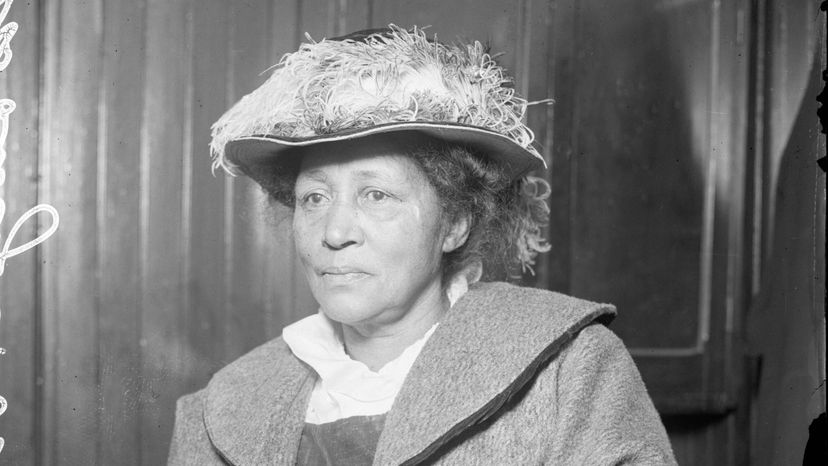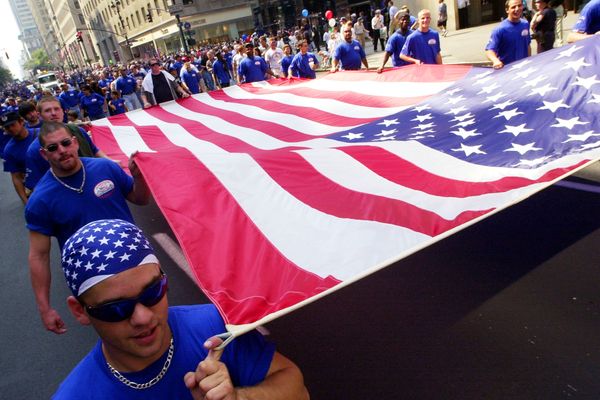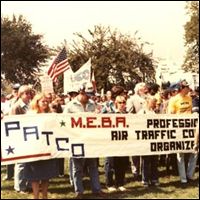
Labor Day doesn't just mark the end of summer, or the start of a new school year. At least it shouldn't. This federal holiday, created in 1894 and set on the first Monday in September, is actually a celebration of America's workers. It celebrates the end of horrid practices such as child labor, 12-hour workdays and unsafe working conditions. And it lauds the American workers who helped create today's safer, more equitable work environment.
Many women were leaders in the early labor-rights movement, as discussed in an episode of the podcast Stuff Mom Never Told You. In "The Women of the Labor Movement," co-hosts Emilie Aries and Bridget Todd spotlighted one of America's first female, minority activists, Lucy Gonzales Parsons.
Advertisement
Born in Texas in the 1850s, Parsons was of Mexican, Native American and African-American descent, though she denied her African-American heritage probably because of the brutal racism blacks experienced at the time. She married Albert Parsons, a white man, although there were laws banning interracial marriage back then. The two fled to Chicago in the 1870s, after Albert Parsons was shot in the leg and threatened with lynching while helping black citizens register to vote.
Once in Chicago, the couple became involved in the Socialist Labor Party, and then anarchist movements, where violence was deemed acceptable — almost necessary — to fight injustice. Parsons, a gifted speaker and writer, used her words to lead fights against African-American lynchings, the sharecropper system, 12-hour workdays and other issues. Massive worker strikes began spreading across the country. Then tragedy struck.
Employees at Chicago's McCormick Harvest Works went on strike, agitating for an eight-hour workday. During the strike, police shot into the unarmed crowd, killing four and wounding many. Workers assembled peacefully in the city's Haymarket Square the next day to support the strikers, when someone lobbed a bomb into the crowd, killing a police officer.
Although no one knew who did it, police decided to hunt down all known local activists. Albert Parsons, who wasn't even at Haymarket Square, was taken into custody and hanged. When Lucy went to say goodbye to her husband, she was arrested, stripped naked and left in a jail cell until her husband's execution was over. However, she was never charged for conspiracy in the bombing, deemed incapable of violence since she was female.
Parsons struggled to earn a living and care for her two kids after her husband's execution. Yet she never stopped fighting for workers' rights. One Chicago official pronounced her "more dangerous than a thousand rioters." She died at age 89 in a house fire in 1942. Police confiscated her writings and books from her burnt-down house and never returned them.
Many activists like Parsons devoted their lives to better working conditions for all. Yet today, says Bridget, "We don't cherish the eight-hour workday. We don't cherish what Lucy Parsons fought for ... We don't think of it as precious. And people lost their lives for it."
Emilie agrees, noting it's ironic that today, Americans work longer and harder of their own accord, as society lauds those who do so. One example: Workers in the U.S. now voluntarily leave a week's worth of vacation on the table annually.
Lucy Parsons would not be happy.
Advertisement


